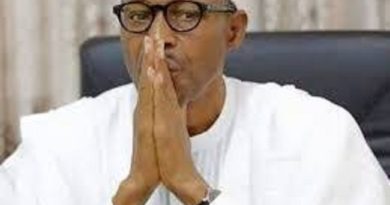Key EU Interior Ministers Seek To Resolve Mediterranean Rescue Crisis
Interior ministers from major European countries are to meet in the Maltese town of Vittoriosa on Monday to seek a solution to an ongoing stand-off over migrants rescued in the Mediterranean.
The ministers are from Germany, France, Italy, Malta, Finland, and the European Commission.
Expectations are high, with hopes that ministers can agree on the outline of a “coalition of the willing” for how rescued migrants can be distributed among EU countries, Petra Bendel, head of a council of experts from German migration foundations, told DPA.
Italy and Malta have been at the front lines and repeatedly sought to restrict port entry for charity rescue ships that arrive at their shores carrying migrants found stranded in the waters between the North African coast and Europe.
At the moment, migrants are often forced to remain on rescue ships for weeks at a time as EU countries haggle over who should take a share of the rescued.
Germany and France have pushed for a more comprehensive solution.
German Interior Minister Horst Seehofer has said that the EU currently has an opportunity to reach a deal, with a new Italian government that forced former hardline interior minister Matteo Salvini into opposition.
According to the EU border agency Frontex, nearly 6,600 people sought to cross the central Mediterranean to Europe between the start of 2019 and the end of August.
Seehofer has said Germany is willing to take around one-quarter of migrants rescued as part of a “flexible solidarity” deal that would not necessarily include all 27 members of the EU (excluding Britain).
France is expected to offer a similar amount.
Dimitris Avramopoulos, the EU commissioner for migration and home affairs, will also take part in the Malta meeting and on Sunday tweeted he was “hopeful” that progress could be made.
Finland, which currently holds the rotating EU presidency, will also attend.
The key question is likely to be which harbours rescue ships should be required to dock at going forward.
Italy is pushing for a rotation system that would include France, but Paris has rejected that approach.
Other sticking points include how long any deal will be valid for and exactly what kinds of migrants should be distributed.
Should the outlines of a deal be agreed, the plan is to present the agreement to all EU interior ministers at a meeting at the start of October.
EU countries have long failed to agree on a distribution mechanism for migrants coming to Europe.
Incoming European Commission president Ursula von der Leyen has pledged to solicit ideas for a long-term deal.



